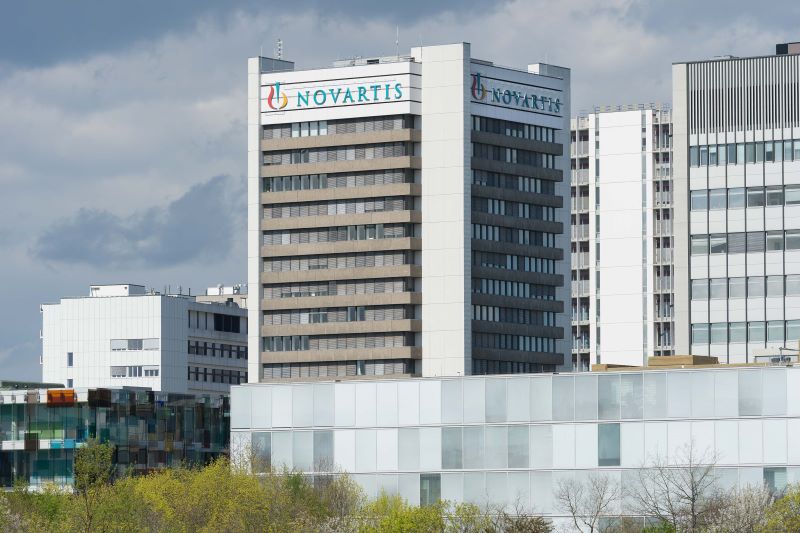
Novartis has reported that the pivotal Phase III PSMAfore clinical trial of Pluvicto (lutetium (177Lu) vipivotide tetraxetan) in prostate-specific membrane antigen (PSMA)-positive metastatic castration-resistant prostate cancer (mCRPC) patients met the primary endpoint.
The multi-centre, open-label, randomised trial analysed the safety and efficacy of Pluvicto versus a change in androgen-receptor pathway inhibitor (ARPI) therapy in 469 patients.

Discover B2B Marketing That Performs
Combine business intelligence and editorial excellence to reach engaged professionals across 36 leading media platforms.
Radiographic progression-free survival (rPFS) is the primary endpoint of the trial.
Assessment of overall survival, which is the crucial secondary endpoint of the trial, is progressing.
According to the findings, Pluvicto was found to offer a statistically significant and clinically meaningful rPFS improvement in trial subjects, meeting the primary endpoint.
In addition, no unanticipated safety findings linked to Pluvicto were reported in the trial, with data in line with its already established safety profile.

US Tariffs are shifting - will you react or anticipate?
Don’t let policy changes catch you off guard. Stay proactive with real-time data and expert analysis.
By GlobalDataThe company plans to submit the trial findings to regulatory agencies to seek approval for the therapy next year.
An intravenous radioligand therapy, Pluvicto acts on PSMA.
In March this year, the therapy received approval from the US Food and Drug Administration for the treatment of PSMA–positive mCRPC in adults who have received other anti-cancer therapies such as ARPI and taxane-based chemotherapy.
Novartis Global Drug Development president and chief medical officer Shreeram Aradhye said: “With the announcement of these positive topline Phase III results, Pluvicto becomes the first PSMA-targeted radioligand therapy to demonstrate significant and clinically meaningful benefits for people living with this type of prostate cancer who have not received taxane-based chemotherapy.
“We look forward to discussing the data with healthcare authorities in order to bring this innovative new early treatment option to many more prostate cancer patients sooner after their diagnosis.”
In September this year, the company reported findings from two Phase III trials where its Cosentyx (secukinumab) provided lasting relief from common clinical signs and symptoms of moderate-to-severe hidradenitis suppurativa.





